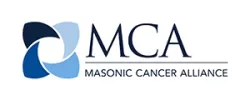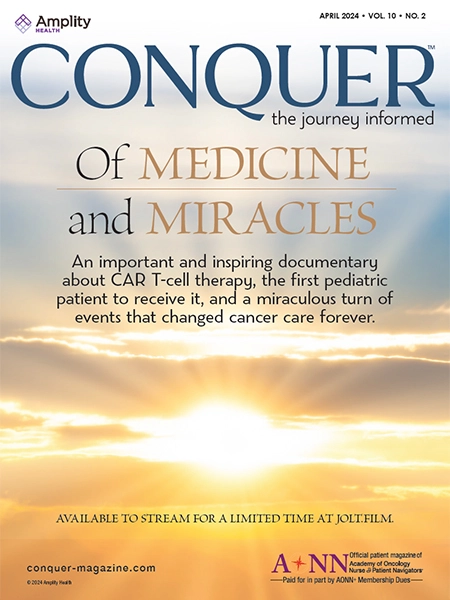Navigation & Survivorship News
Use Your Resources!
AONN+ members are encouraged to explore the resources that the AONN+ leadership team shared at recent oncology conferences and events.
Shame and Perfectionism in Medical Culture
The perfectionist culture of medicine may “stigmatize” what is a “normal human response to struggle and failure.”
Abiding by Requirements of Health Insurance Portability and Accountability Act (HIPAA)
Oncology navigators need to follow proper HIPAA procedures before releasing patient information to people who request it.
Webinar on Breast Cancer and Sexual Health
This webinar will help providers understand what patients struggle with the most in managing the impact of breast cancer on sexuality and how to approach communicating about this sensitive topic with the patients.
Revisiting “Healthy Lifestyle Choices”: Are You Reinforcing Stigma?
We need to use caution when we tell people to make healthy lifestyle choices, as the systems may not be set up to make the healthy option accessible and affordable.
Providing Direction and Support to Family Caregivers
Caring for a patient with cancer can be a daunting task for family caregivers. Navigators need to help ease the burdens by providing needed information and education to make the journey doable for both the patient and the caregiver.
New Geriatric Toolkit for Navigators
Explore this resource to find answers to various types of geriatric populations and see a visual of where we are headed in 2060.
Recorded Webinars to Enhance Patient Navigation Services
The GW Cancer Center has a webinar series on professional development for oncology navigators.
The Growing and Impending Shortage of Oncology Professionals
The number of people diagnosed with cancer is steadily increasing while the shortage of oncology professionals is beginning to swell. What can we do?
May I Have Your Attention—Does Eating Asparagus Cause Breast Cancer to Spread?
Oncology navigators, like many other people, may be drawn to information that is novel and unusual. It is important that we know how to identify and share with patients only the reliable and trustworthy health information.
Thank You to Our Corporate Sponsors and Alliance Partners!
-

Major Corporate Sponsor
-

Patron Corporate Sponsor
-

Patron Corporate Sponsor
-

Patron Corporate Sponsor
-

Industry Relations
Council Member -

Industry Relations
Council Member -

Industry Relations
Council Member -

National Alliance Partner
-

National Alliance Partner
-

National Alliance Partner
-

National Alliance Partner
Privacy Notice | Terms of Use
© 2009- DBA AONN+ Academy of Oncology Nurse & Patient Navigators® | PO Box 563, Cranbury, NJ 08512 |
AONN+ DBA AONN+ is a 501(c)(6) organization under federal tax guidelines. AONN+ Foundation for Learning, Inc. a 501(c)(3) organization under federal tax guidelines.
AONN+ Advantage, LLC, a wholly owned subsidiary of AONN+.


